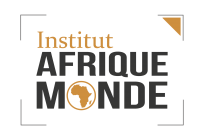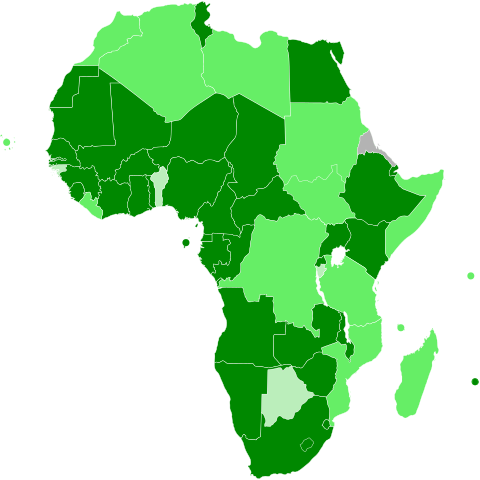It is necessary to highlight at the outset the diversity of the religious fact in a plural Africa, whether Muslim, Christian, traditional or other. At the Africa World Institute, we have a project to reflect on spirituality and its impact on the experience in Africa and in Africa’s relations with the rest of the world.
Methodology and methodology
An interdisciplinary approach to religions is required for this work of meeting people. We aim to examine the main currents that structure spiritual life in contemporary Africa and the importance of spirituality as a stepping stone towards the transformation of society.
The fundamental approach: respect for human dignity
How do spiritual traditions in Africa value the human person? How is the respect for the human person, the respect for life, the sacred expressed in Africa? How can spiritual currents in Africa contribute to “the construction of a civilized globalization with a human face”?
The experience of the spiritual values
The relationship to ancestors, the relationship to Jesus Christ, the relationship to Allah; how are these lived relationships related to real life in Africa? How do spiritual traditions react to fratricidal wars and how do they work for reconciliation between torn communities? How is the “world of the night”, the world of “spirits”, interpreted?
What values do spiritualities/ religions convey for the harmony of the person with himself, his fellow man, with God, and others?
How can spirituality contribute to peace-building, and instill values at the governance level? What ethics should be built in the context of “lies, corruption, theft, murder” and human rights violations?
The level of anthropological, philosophical and theological reflection
What theoretical developments has the religious fact already known? Which African authors speak of spirituality, faith, religion in its plurality of offer?
What texts can we read, both as an understanding of the aspiration to be in relation to transcendence?
Inter-religious dialogue in Africa
Plural Africa has a variety of religious experiences. Traditional religions, Christian religions, Muslim religions, and other esoteric movements. Such richness invites us to build bridges between the various faiths with the intention of building an Africa that is able to face current and future challenges. What reflections should be made on the religious fact in its impact on political and economic reality? How would religions contribute to shaping a New Africa? If we want to “Promote universal values and principles of democracy, good governance, human rights and the right to development”, will believers of different religions be able to enter into dialogue in a way that respects their different approaches to reality? How to use different religions for a culture of reconciliation and peace?
Themes considered
African religions and respect for human dignity
African Religions and African Reconstruction
African Religions, Peace and Development
Religions and reconciliation
François-Xavier Akono



